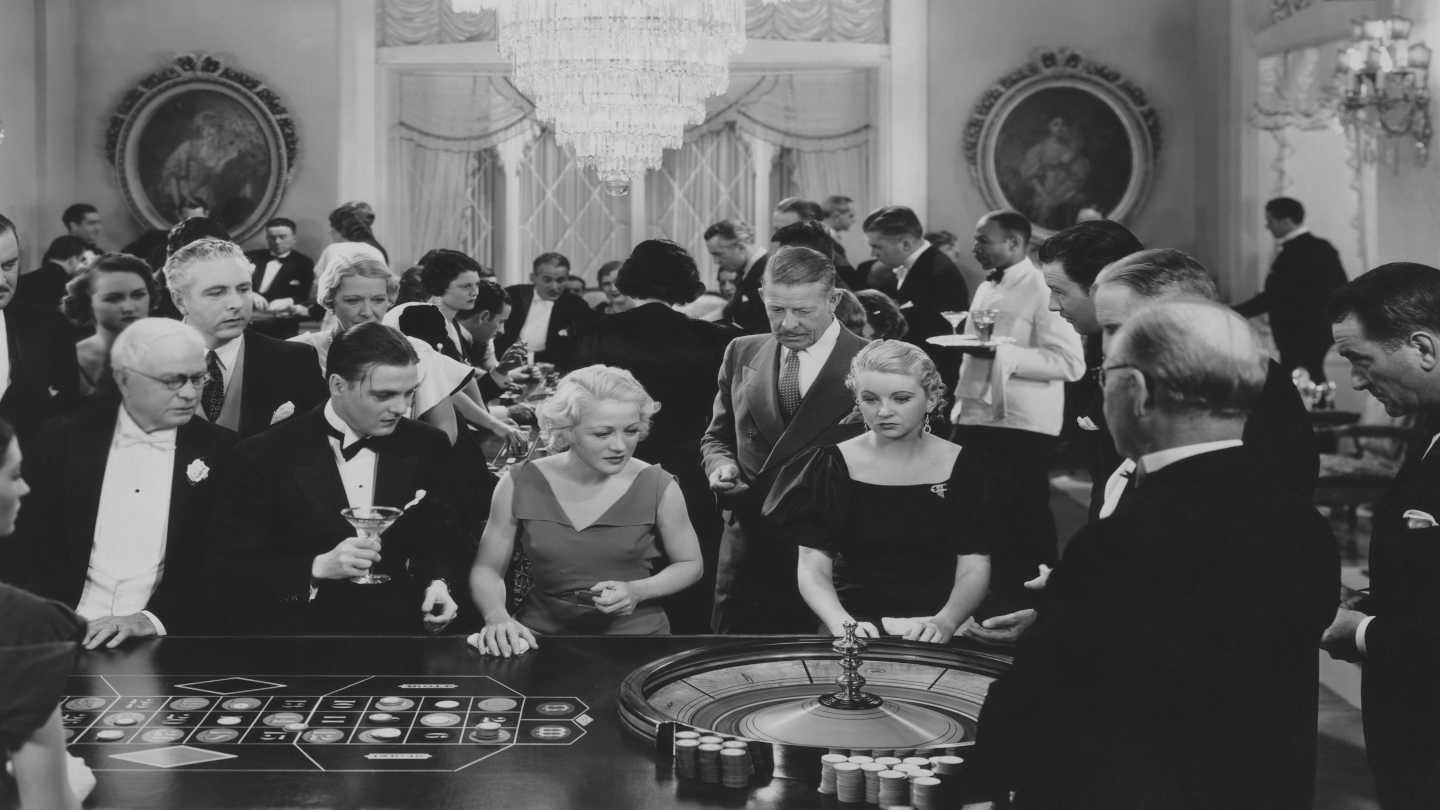Who Invented Roulette and When Was It Invented?

1 minute
Last Updated: February 10, 2024
The origins of the modern roulette wheel can be traced back to a mathematician. physicist. and inventor named Blaise Pascal in 1655. Pascal’s initial intention was not to create the casino game that we're familiar with today. Instead, he was working on designing a motion machine when he stumbled upon the concept of the roulette wheel. Interestingly, variations of what we recognize as roulette can be found in civilizations such as Greek, Roman, and Chinese cultures.
However, it wasn't until 1842 that the roulette wheel took its form. Francois and Louis Blanc made changes to the wheel by eliminating the “00” or zero pockets and leaving only the single zero or “0.” This modified version became known as the roulette wheel, and it soon after gained popularity throughout Europe. By removing the zero pockets, they managed to reduce the house edge from 5.26% to 2.7%, which contributed to its rise in popularity.
Originally, both zero and double zero pockets had black colors similar to regular numbers on the wheel. However, during the 1800s, these colors were changed to green. The American adaptation of the roulette wheel adhered to the design of the variant, including the double zero.
Today, players can decide which variant of the game they want to play when they gamble online. Online casinos provide the American and European versions, and there is a third (less popular) version available that has triple zero pockets. Whatever your preference, you can find a roulette wheel that suits your strategy, preference, and risk appetite.















